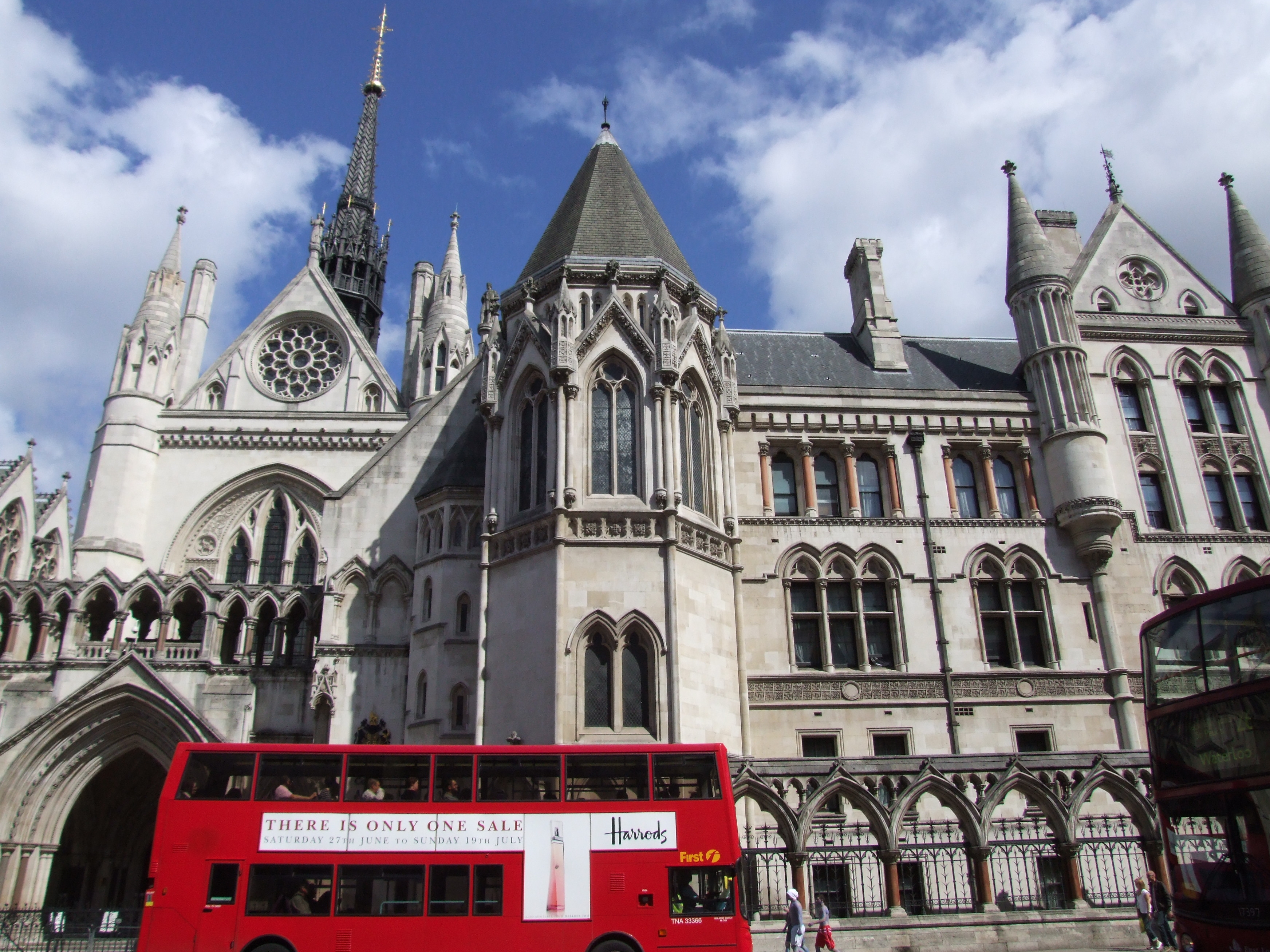The government has been urged to scrap the money purchase annual allowance (MPAA) in the upcoming Budget on 3 March.
The Association of British Insurers (ABI) called for its scrapping to ensure that pension savers who have had to dip into their retirement savings during the pandemic are not penalised for paying it back when they can.
Furthermore, the association said getting rid of the MPAA would incentivise older workers to continue paying into their pension, which would “improve their financial resilience”.
The ABI’s call to scrap the MPAA comes following its latest research that found the number of people flexibly accessing their pension pots in December 2020 exceeded 2019 levels for the first time since the first lockdown in March last year.
Pension pots being accessed as a flexible income increased by 3 per cent year-on-year to 7,936 in December 2020, while the number of people withdrawing their pension in one lump sum increased by 4 per cent to 11,501.
“Covid-19 has shown that households’ financial resilience can be fragile and addressing that should be a central part of the nation’s Covid-19 recovery,” commented ABI director of policy for long-term savings and protection, Yvonne Braun.
“Our data suggests that pension withdrawals have not yet substantially increased but the continued uncertainty and insecure job market could mean more people dipping into their retirement savings to get by.
“Removing or increasing the MPAA will help incentivise older workers to save. This will improve their financial resilience and also make sure people are not penalised for doing the right thing by paying money back into their pension when they can afford to.”
The ABI’s call was seconded by AJ Bell, which has previously called for the government to scrap the MPAA.
AJ Bell senior analyst, Tom Selby, said: “Even before the pandemic struck, slashing someone’s pensions annual allowance by 90 per cent - from £40,000 to just £4,000 – merely for accessing £1 of taxable income from their retirement pot felt grossly unfair.
“But during a period of national lockdown, when millions of families are already facing severe income pressure as unemployment rises, it feels particularly unjust.
“Savers withdrew £9.4bn flexibly from their pensions in 2020, while hundreds of thousands will have accessed their retirement fund for the first time during the year.
“Within those numbers there will inevitably be people who have been forced to dip into their pension as a result of coronavirus. This behaviour could range from someone replacing lost salary from employment to helping a younger relative pay their bills or older relative cover care costs.
“Regardless of the circumstances, the MPAA is applied indiscriminately and permanently, leaving people facing an uphill battle to rebuild their retirements.
“This wrong-headed policy, which also runs counter to increasingly flexible working patterns, must now be rethought as a matter of urgency. If this review needs time, in the interim the Chancellor should increase the MPAA to £10,000 – the level it was originally introduced at in 2015 – to give savers a little more flexibility.”
Latest News
-
Govt urged to prioritise pension policy stability in Spring Statement
-
Just Group underlying operating profit falls by 39%
-
Employers warned modest pension defaults risk worsening adequacy gap
-
Aegon updates modelling tool to help members benchmark retirement needs
-
News in brief - 27 February 2026
-
PPF levy to remain at zero for 2026/27
Private markets – a growing presence within UK DC
Laura Blows discusses the role of private market investment within DC schemes with Aviva Director of Investments, Maiyuresh Rajah
The DB pension landscape
Pensions Age speaks to BlackRock managing director and head of its DB relationship management team, Andrew Reid, about the DB pensions landscape
Podcast: From pension pot to flexible income for life

Podcast: Who matters most in pensions?

In the latest Pensions Age podcast, Francesca Fabrizi speaks to Capita Pension Solutions global practice leader & chief revenue officer, Stuart Heatley, about who matters most in pensions and how to best meet their needs
© 2019 Perspective Publishing Privacy & Cookies










Recent Stories